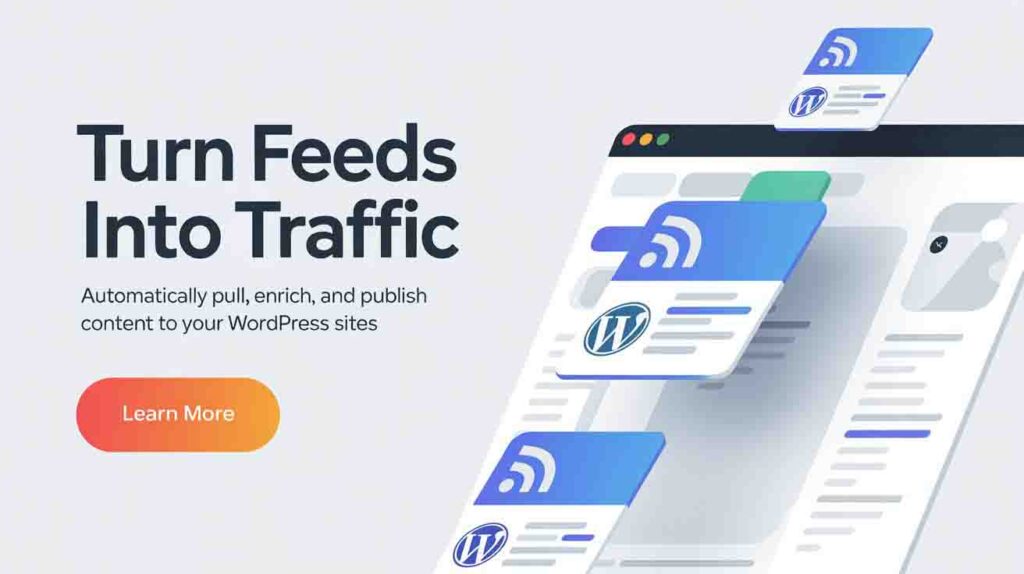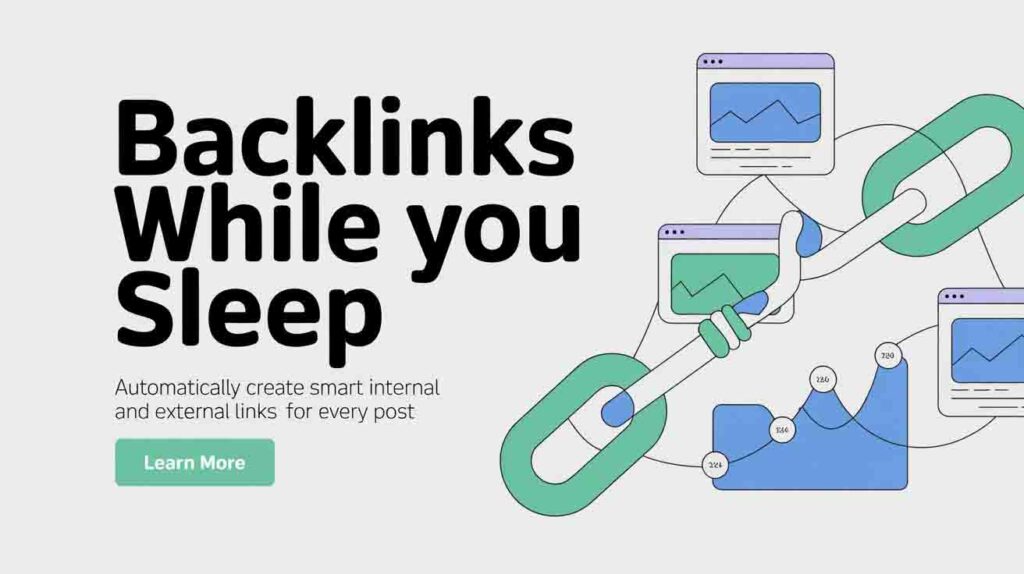AI for Public Sector: Empowering Emerging Governments
Note: This post may contain affiliate links, and we may earn a commission (with No additional cost for you) if you make a purchase via our link. See our disclosure for more info.
The “AI Works for Governments” report, a collaborative effort by Google and PwC, provides a strategic framework for public sector AI adoption, specifically targeting emerging economies. This initiative aims to define and outline critical steps for governments to effectively integrate artificial intelligence into their operations, thereby leveraging its transformative potential for enhanced governance and improved public service delivery across these nations.
While the provided source text is concise, the nature of such a report implies a comprehensive discussion of both the profound benefits and inherent risks associated with AI integration. Benefits would likely encompass enhanced operational efficiency through task automation, leading to potential cost savings and faster service provision. AI can facilitate data-driven policymaking, offering deeper insights into societal needs and optimizing resource allocation. Furthermore, it can personalize public services, from healthcare to education, making them more accessible and impactful for citizens. The report's emphasis on AI adoption is also expected to foster innovation within government structures, potentially driving economic growth and improving global competitiveness for emerging economies.
Conversely, the report would undoubtedly address significant risks. Ethical concerns surrounding data privacy, potential biases in AI algorithms, and surveillance capabilities are paramount. Misuse of AI or errors in its implementation could lead to discriminatory outcomes or erode public trust. Cybersecurity threats, including the vulnerability of critical infrastructure to AI-powered attacks, pose serious challenges. The digital divide could also be exacerbated if AI adoption is not equitable, leaving certain populations behind. The report's “steps” would therefore likely include strategies for robust governance frameworks, ethical guidelines, data security protocols, and workforce reskilling to mitigate these dangers. No specific examples are detailed in the brief source text provided, but the outlined steps would guide governments in identifying and implementing AI solutions in areas like smart cities, public health, or disaster management.
(Source: https://blog.google/outreach-initiatives/public-policy/ai-works-for-governments-report/)

